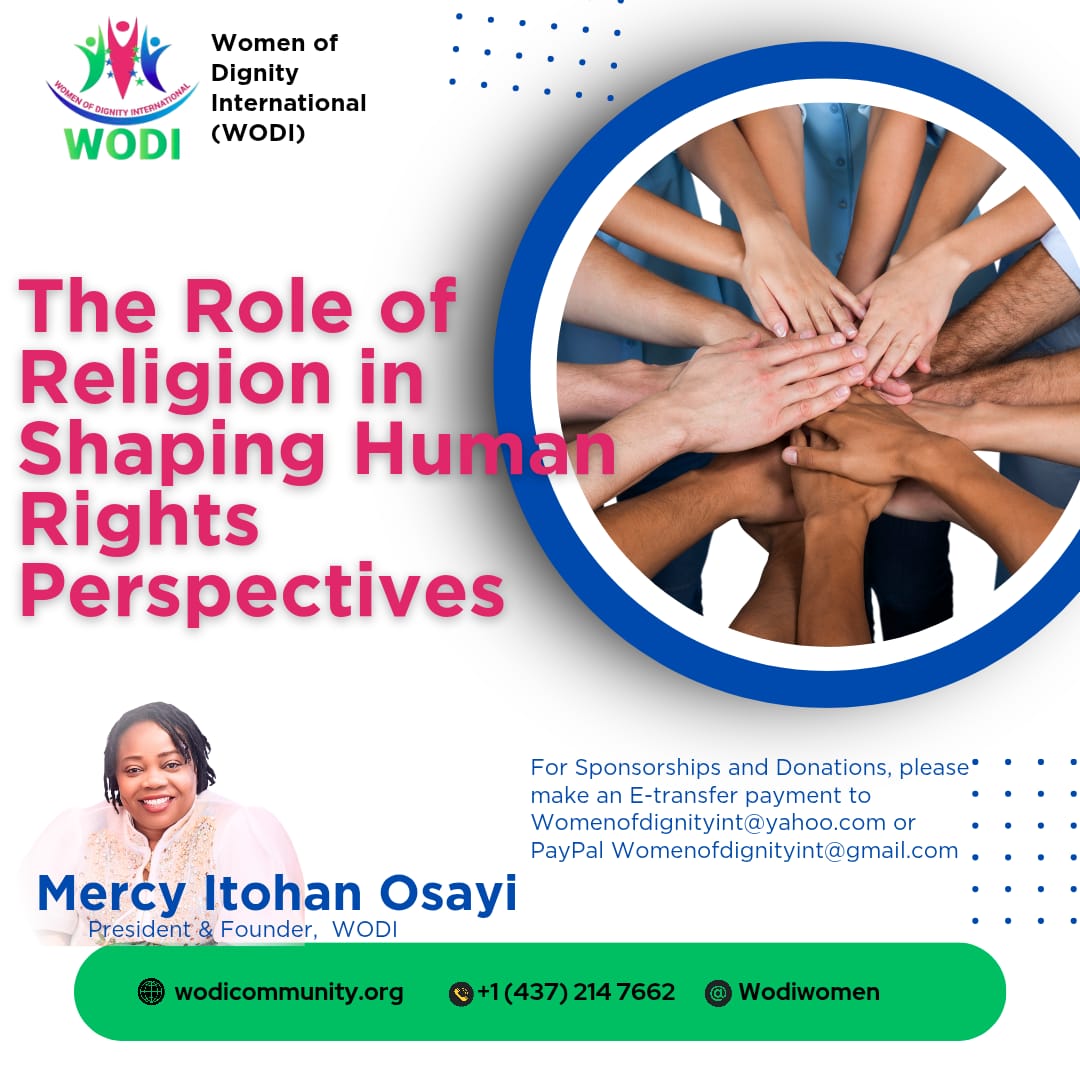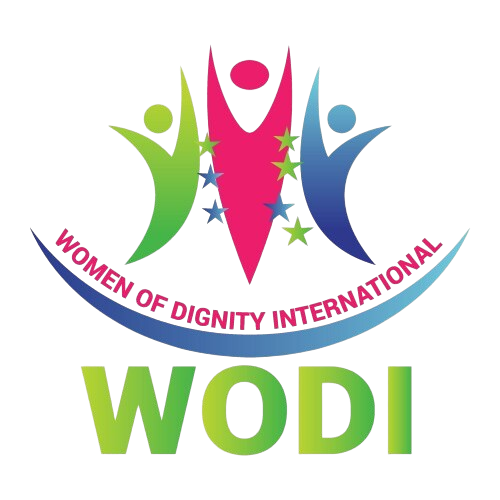The Role of Religion in Shaping Human Rights Perspectives

The Role of Religion in Shaping Human Rights Perspectives
The relationship between religion and human rights is complex and multifaceted, influencing the development, interpretation, and implementation of human rights across different cultures and societies. Here are some key aspects of how religion shapes human rights perspectives:
1. Moral Framework
Religion often provides a moral framework that influences views on human rights:
• Ethical Guidelines: Religious teachings can offer ethical guidelines that promote respect for others, compassion, and justice.
• Activism: Many religious groups have been at the forefront of human rights movements, advocating for social justice, equality, and the protection of marginalized communities.
2. Cultural Context
Religion shapes cultural norms and values, which in turn impact human rights perspectives:
• Cultural Relativism: Different religions may interpret human rights differently based on their cultural contexts. What is considered a right in one culture may not be viewed the same way in another.
• Community vs. Individual Rights: Some religious traditions emphasize community and collective rights over individualism, which can lead to differing interpretations of human rights.
3. Conflict and Tension
While religion can promote human rights, it can also lead to conflicts:
• Justification for Violations: In some cases, religious beliefs have been used to justify human rights violations, such as discrimination against women or LGBTQ+ individuals.
• Sectarian Violence: Religious differences can exacerbate conflicts and lead to violence, challenging the universality of human rights.
4. Interfaith Dialogue
Interfaith dialogue can promote understanding and cooperation on human rights issues:
• Common Ground: Different religious groups can find common ground on issues like poverty alleviation, environmental protection, and social justice.
• Coalition Building: Religious organizations often collaborate with secular human rights groups to advocate for policies that uphold human dignity.
5. Contemporary Issues
In today's globalized world, religion continues to influence contemporary human rights debates:
• Freedom of Religion: The right to practice one’s religion is a fundamental human right, but it can conflict with other rights, such as gender equality or freedom from discrimination.
• Globalization and Secularization: As societies become more secular, the role of religion in shaping human rights perspectives may evolve, leading to both challenges and opportunities.
Conclusion
Religion plays a dual role in shaping human rights perspectives—acting as both a source of inspiration for advocacy and a potential source of conflict. Understanding this complex relationship is essential for fostering dialogue and cooperation among diverse communities in the pursuit of universal human rights. As societies continue to evolve, the interplay between religion and human rights will remain a critical area for exploration and engagement.
